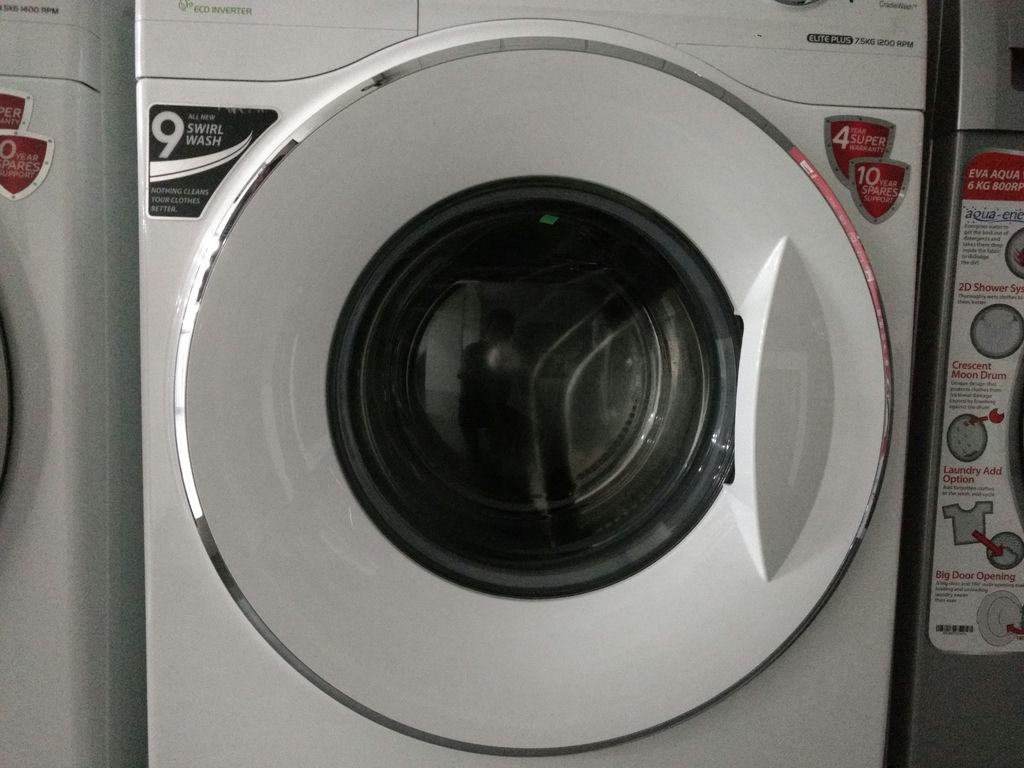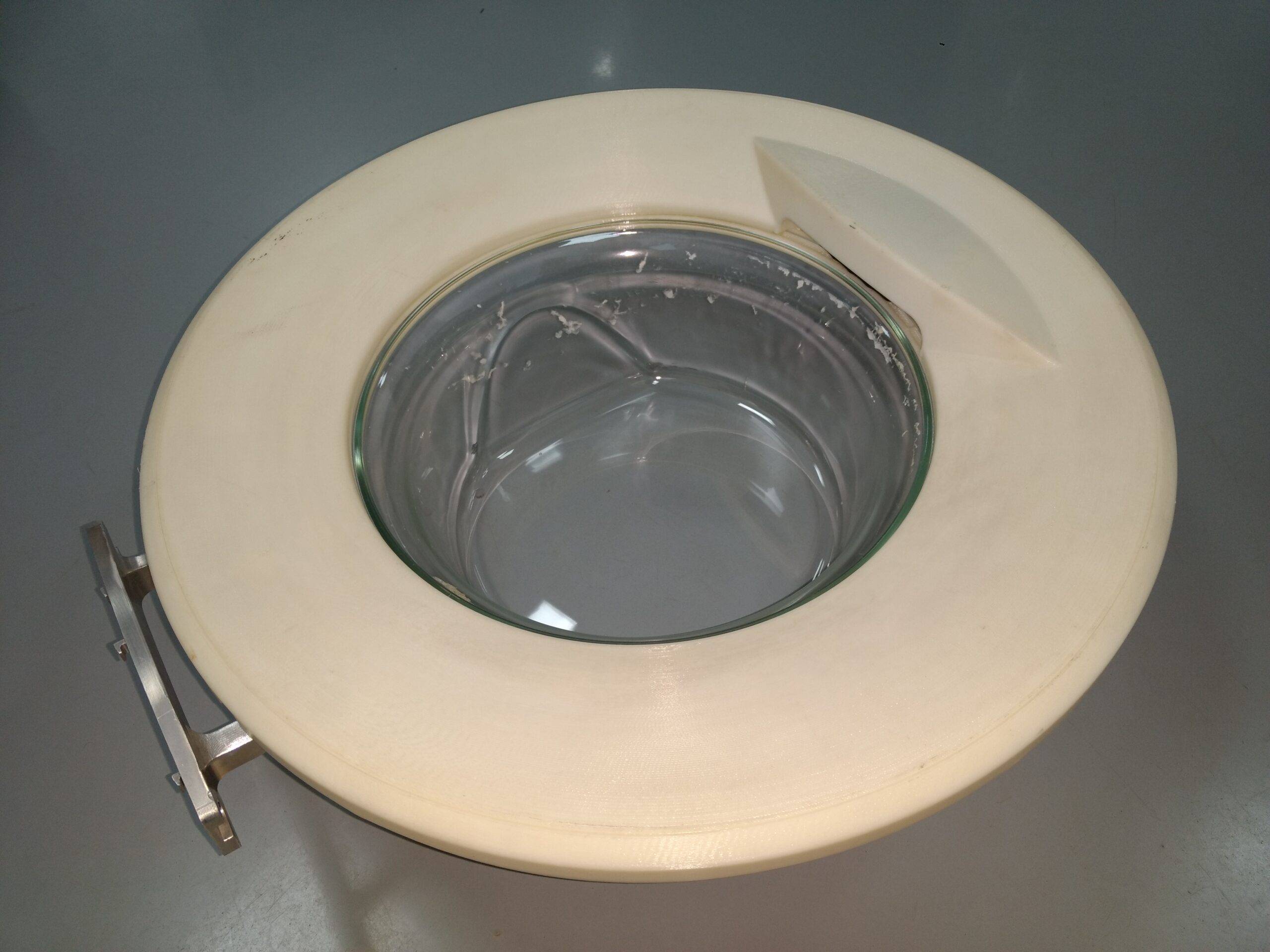IFB Industries Limited, originally known as Indian Fine Blanks Limited, started their operations in India in 1974 in collaboration with Hienrich Schmid AG of Switzerland. IFB’s product range includes fine blanked components, tools and related machine tools like straightness, decoilers, strip loaders and more. IFB Appliances, along with their associate companies and divisions, celebrate over four decades of technical excellence. IFB has always represented the leading edge of technology, which has manifested itself through their products and service solutions. IFB consistently and positively touches people’s lives through their home appliances, automotive components and agro—based products.
Tackling Roadblocks on the Journey to Product Excellence
Since IFB operates in the highly competitive home appliances market, product design and functionality is crucial to success. All of their R&D efforts, including product design, prototyping and testing boil down to meeting time-to-market deadlines. In this high- pressure situation, there’s no margin for lapses in product development schedules or quality benchmarks.

For the IFB R&D team, their conventional process of CNC machining was very time consuming and tedious, especially when producing product designs with complex geometry. In order to speed up their product development lead time, reduce cost and produce parts with complex geometries without worrying about the required number of variations and iterations, the IFB R&D team decided to invest in 3D printing.

The team wanted 3D-printed parts to be tough and display good finish, and acquired the Fortus 9OO mc 3D printer for the high-quality materials and printing it offered. Also, the fact that the Fortus 900mc was built specifically for manufacturing and heavy industries and its build size, which is the largest in FDM, made it easy for the team to adopt the technology.

Adding Value to Peoples Lives, One Product at a Time
From the time the R&D team started using the Fortus 900mc 3D printer, their use of the machine has only grown. Close to 80% of the machine’s usage is for prototyping, but the team also uses it for jigs and fixtures. This is because the Fortus 900mc is specifically suited for direct digital manufacturing applications to produce end-use parts such as jigs and fixtures. The printer’s build size allows the IFB team to seamlessly print parts of desired sizes without having to resize them. The R&D team now routinely uses the printouts to effectively communicate with all team members of cross-functional teams, and suppliers to ensure adherence to agreed benchmarks. The team prints washing machine parts such as fascia, door assemblies and DD handles, and subjects all of them to stringent tests such as thermal, chemical, pressure, vibration and functional tests. All of these capabilities make the Fortus 900mc an ideal choice considering the parts endure high heat, caustic chemicals, and sterilization and high-impact applications. For the vibration test, the team fixes parts like the knob component; the PCB board and the DD handle to the prototype component, and then conducts the test for accurate results. After the tests, all printed parts undergo a preliminary environmental test, functional evaluation and limited validation. The team has stringent part checks, and all parts must fit seamlessly with each other and display firmness during the testing process. The printouts are also expected to withstand a temperature of 65 degrees Celsius during functional testing for critical components.

The decision of R & D team to go with the Fortus 900mc proved to be extremely fruitful. The engineers get more focused on functional prototype testing and reviews with iterations as it has reduced time pressures, corrected mistakes, revisions and reworks at the later stage of development.
| Method | Cost | Time |
| Past (CNC, without 3D printer) | INR 10,000/- | Four Days |
| Present (3D printer) | INR 4000/- | One Day |
| Savings | 60% | 70% (overall) |
Vinay Fadte from IFB 3D Printing Lab adds “We are very happy with the way DesignTech supports us. They not only pay us scheduled visits for machine maintenance, but are also very prompt in providing technical assistance in case of breakdowns. Not only this, DesignTech also conducts useful trainings for our staff, which help us better utilize our3D printers in newer applications. The R&D team is happy as all printed parts consistently perform well to satisfy all required criteria and pass all rigorous tests. Our design and prototyping efforts are now well integrated and this helps us considerably reduce the time to market.”
The AM Chronicle Editorial Team is a collective of passionate individuals committed to delivering insightful, accurate and engaging stories to additive manufacturing audiences worldwide.


